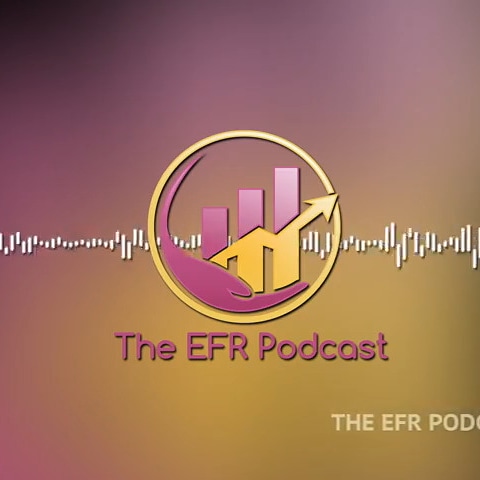
2) The Federal Reserve shifts its focus to fighting climate change, with average temperatures climbing and severe weather events happening more frequently. The Fed’s recent financial stability report includes a section on climate change, signaling a risk that climate change could pose to the financial system. Federal Reserve supervisors expect banks to identify, measure, control, and monitor all material risks, which for many banks are likely to extend to climate risks. Therefore if those dangers aren’t considered, hazards such as storms, floods, droughts or wildfires could change the value of assets suddenly, causing a shock to the system.
3) The more a person understands interest rates, inflation, risk diversification and other financial concepts, the less likely they show signs of financial fear and distraught at times of serious economic troubles. At the start of the pandemic in March, 40% of households was making under $40,000 per year lost their jobs. By April, the jobless rate had soared to 14.7% while the $1,200 direct checks and supplemental $600 federal-unemployment benefits started. Researchers asked people if they could cover a $2,000 unexpected emergency expense, and18.9% said they couldn’t meet the expense. In a test, the survey of ‘at risks participants’ correctly answered about half of the three questions about how interest rates are calculated, inflation and risk, while people in better money condition answered almost all three (2.5 on average) correctly.
4) Stock market closings for – 16 DEC 20:
Dow 30,154.54 down by 44.77
Nasdaq 12,658.19 up by 63.13
S&P 500 3,701.17 up by 6.55
10 Year Yield: down at 0.92%
Oil: up at $47.88
